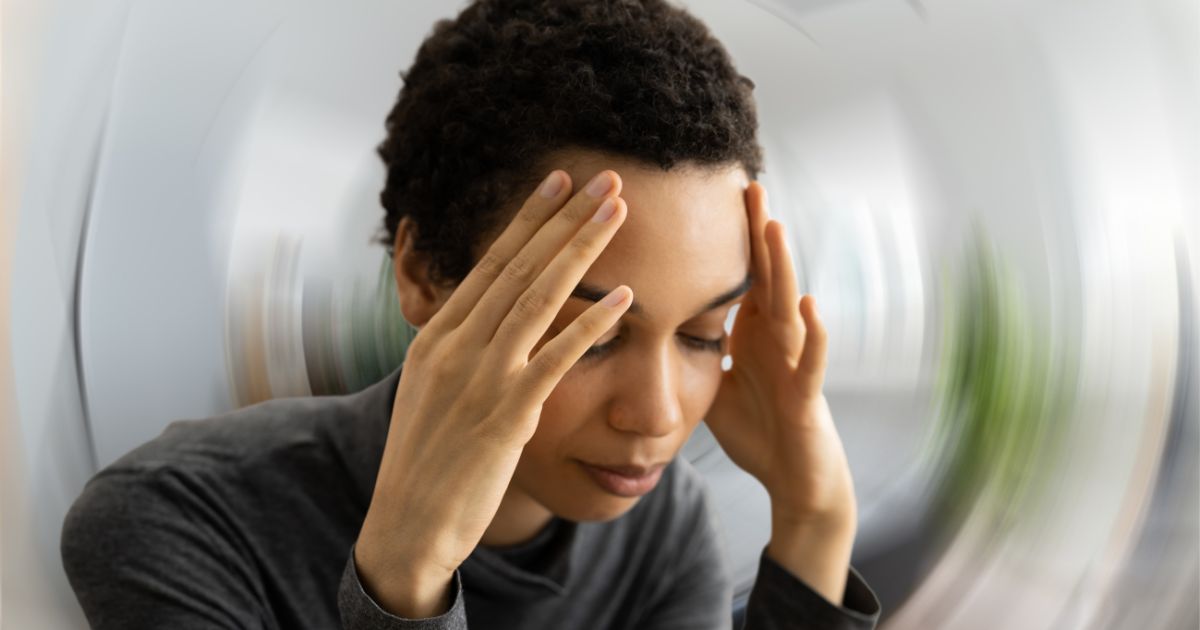According to the American Sleep Apnea Association, more than 25 million Americans suffer from sleep apnea, a disorder that continually interrupts breathing during sleep. While it has long been known that this diminished quality of sleep results in daytime fatigue, researchers have now confirmed that there is also a link between sleep apnea and memory.
Cognitive decline is another name for the mild forgetfulness that sets in naturally with age. Mild cognitive impairment may be noticeable in that a person needs to write things down to remember them, but at the same time, there is no major negative impact on their daily life. Studies show that this decline in memory starts earlier in people who suffer from sleep apnea compared with people with no sleep disorders. Participants in the study with sleep apnea were diagnosed with mild cognitive impairment on average 10 years earlier. Some studies show that sleep apnea may increase the risk of Alzheimer’s disease.
What Are Some Common Symptoms of Sleep Apnea?
Sleep apnea causes loud snoring that alternates with periods of quiet. Gasping, snorting, and gaps in breathing are also common. People with sleep apnea may experience some or all of the following symptoms:
- Concentration problems
- Irritability or moodiness
- Fatigue and sleepiness during the day
- Memory problems
- Waking up with headaches
- Waking up tired after a full night’s sleep
Sleep apnea can be diagnosed by a sleep specialist who conducts a sleep study with a polysomnogram. This machine can electronically send and record what is happening physiologically as you sleep. The results are then analyzed to determine if and what kind of sleep disorder you have.
How Is Sleep Apnea Treated?
Severe cases of sleep apnea may require treatment with a machine that helps keep the airway open at night, enabling regular breathing. This is known as a CPAP machine, which must be worn while sleeping.
Some sleep apnea cases can be treated with a dental device worn at night to help prevent snoring. This oral device comes in various options and must be custom-fitted to the patient. An oral examination will determine the best dental device, and a fitting ensures the device is comfortable and properly adjusted.
Surgery may be recommended for some patients to treat their sleep apnea. Depending on the problem, surgery may be necessary to enlarge the airway, remove blockages in the throat, unblock the nose, or reposition the jaw. The newest procedure to treat sleep apnea uses a laser or electric current to remove part or all of the uvula and some of the soft palate.
If you think you have sleep apnea symptoms, you may need oral surgery. Consult an experienced oral surgeon who can diagnose your condition and recommend the best solution.
Our South Jersey Oral Surgeons at Lanzi Burke Oral & Maxillofacial Surgeons Treat Patients Suffering From Obstructive Sleep Apnea
Our South Jersey oral surgeons at Lanzi Burke Oral & Maxillofacial Surgeons treat patients with obstructive sleep apnea. Call 856-582-4222 or contact us online to schedule a consultation. Located in Washington Township, Haddonfield, and Woolwich Township, New Jersey, we serve patients in South Jersey.


